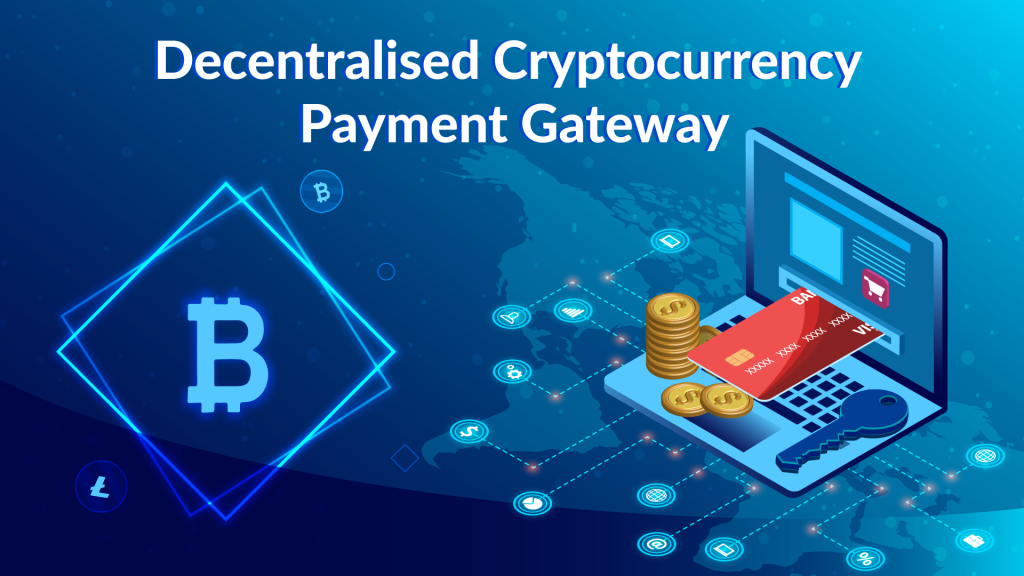Cryptocurrencies have become the undeniable asset and investment in the fintech industry in recent times. Even though there are a lot of controversies going around the world in accepting crypto payments and transactions as legal, the developed countries have started to build their norms on crypto transactions. Hence, it becomes certain for developing and under-developed federations to work on crypto payments.
Decentralized finance is what attracts the world to utilize cryptocurrencies. The decentralized cryptocurrency payment gateways can play a great role in resolving the issues in accepting cryptocurrencies as a payment method.

In this blog, let’s discuss the issues that will be resolved in integrating the decentralized crypto payment gateway to your business POS system!
Problems that resolve on integrating decentralized crypto payment gateways!
Scalability
Scalability is considered as one of the significant issues in accepting crypto payments. The cryptocurrencies are limited in volume and transactions by the blockchain network peers. Scaling up the volume of cryptocurrencies to that of fiat currencies would be a great challenge for every federation. However, there are possible ways in which a federation can build the native crypto coins for its medium of exchange. Soon, the developed countries will dive into the crypto space to launch their volatile or stable cryptocurrency to the world!
Volatility
The volatility of the cryptocurrency is considered as a threat for its rise by a group of people. In contrast, another crew is happy about trading multiple crypto coins with the same. As of now, the merchant has to rely on cryptocurrency payment gateways or exchange platforms to swap the crypto coins into fiat and vice versa. The exchanges incur transaction fees to swap the cryptocurrencies to fiat, and moreover, due to the fluctuations in crypto values, there are chances of losing money. Hence, the merchants are advised to transfer their crypto assets instantly to fiat money to avoid losses. However, in this growing crypto market, the merchants aggregate the cryptocurrencies by expecting price hikes too!
Many stable coins have been launched in the crypto market space to overcome the volatility issues. Stable crypto coins can enable merchants to avoid value losses or reliance on third-parties. The stable coins improve the liquidity of assets than cryptocurrencies. Major e-commerce brands have launched their coins as reward points, and soon, this may be scaled up to crypto coins!
Transaction fee
Exchange platforms earn huge, if not in billions, with the transfers of crypto to fiat money and vice-versa. As the crypto users are limited, the exchanges incur transaction fees for swapping the assets in their platform. If there is a decentralized payment gateway, the transaction fee would be negotiable or null on the increasing number of crypto users. Once the crypto payments become universal payment method, the transaction charges would be negotiated by the respective federations.
Wrap-up!
Cryptocurrencies are certainly the future of payment transactions. Decentralization, transparency, and security becomes the desire of every financial institution, and cryptocurrencies can help them achieve the success mark. As the world is changing in all aspects due to the impact of Corona pandemic, our payment transactions would also be changed forever without contactless transactions!
Comments
Post a Comment